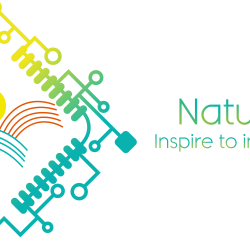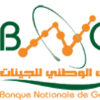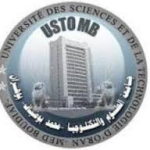ABOUT US




The SCALA-MEDI project will characterise the genetic and phenotypic diversity of Mediterranean local breeds of sheep and chicken and study their ability to adapt to harsh environments and management systems. The project will leverage data produced in EU projects and generate new data, including traditional production traits and using new technologies for remote phenotyping of adaptation related traits, genotyping, and to explore the genome methylation status of animals reared in different environmental conditions. Data and samples will be collected on local breeds from Tunisia, Algeria and Morocco (16 sheep breeds and village chicken populations from different bio-climatic environments), taking advantage of local expertise in addition to that available in Italy and France. Local resources will be characterized for farming system, diversity, distinctiveness and adaptive traits. Genomic data will be analysed to identify loci controlling adaptation traits and product authenticity and will be used to create decision-making tools to improve conservation and selection programmes and management strategies for Mediterranean livestock production system to face future climate change scenarios. SCALA-MEDI has an international, interdisciplinary team in including experts in animal farming, animal breeding, animal physiology, veterinary science, conservation biology, population genetics, molecular genetics, reproduction biotechnologies, statistics and socio economics, plus a super-computing centre, breeder associations and SMEs to ensure that the objectives are achieved.











.jpg)








